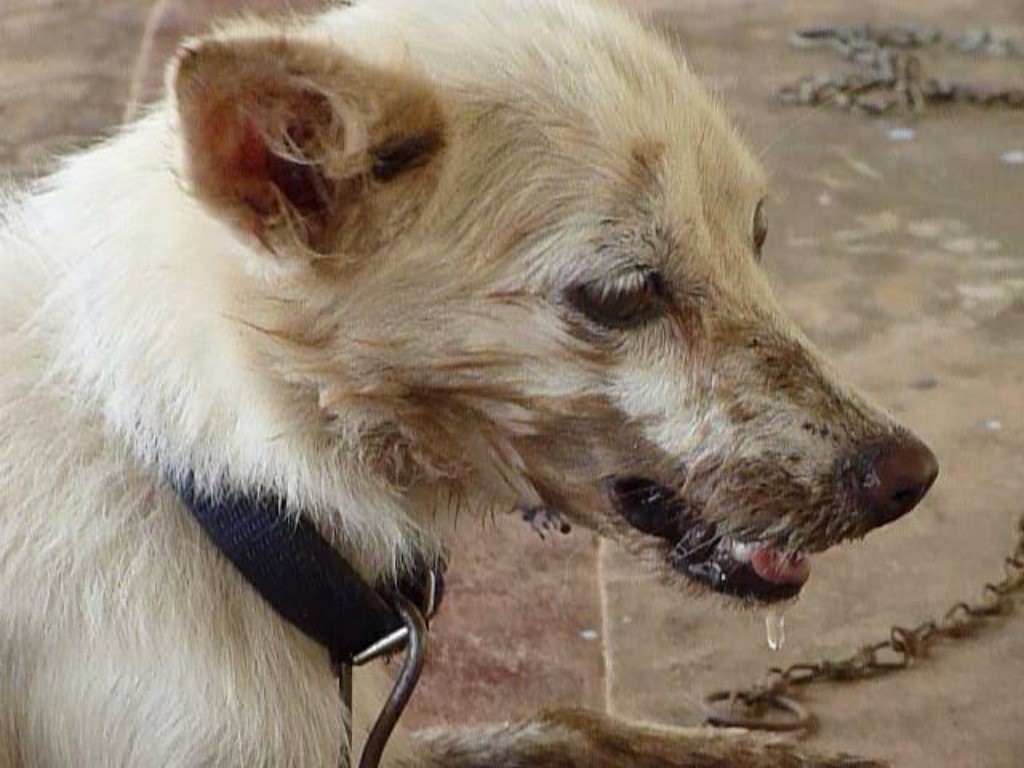Apathy on the part of the general public is contributing to the increasing number of confirmed rabies cases recorded in the Brong-Ahafo Region
Dr Saviour Deneuve, the Regional Veterinary Officer stated in an interview with the Ghana News Agency(GNA) in Sunyani, saying from January to October this year, the region had nine cases as against two cases same period last year.
He said, “the public are refusing to keep dogs which are domestic animals home and they are now breeding on the streets without ownersâ€.
{loadmodule mod_banners,nativeads}
Dr Denueme said “the situation is so dangerous†since “nobody knows when such dogs will get wild and start biting peopleâ€.
He observed that few people who were also giving their pets shelter were refusing to immunise them with the excuse that they did not have GHC10.00 annual immunisation fee.
Dr Denueme said the cost of drugs needed for the treatment of people bitten by dogs is GHC300.00 which is far higher than that of the yearly treatment of dogs.
He wondered why in situations of dog bites, owners are able to afford rabies drugs and are even prepared to take any additional cost incurred by the victims.
Dr Denueme advised people keeping male dogs but not for breeding purposes to castrate them to avoid fighting other male dogs over female dogs to attract the disease.
He said strayed dogs sleeping at the back and entrances of houses are very threatening because they could bite human beings and other domestic animals like pigs, goats and sheep and infect them with the disease.
Dr Denueme cited how at Dormaa-Ahenkro, a strayed dog sneaked into pigs pen and bit one of the pigs, adding after some days the pig started barking like a dog and it was detected that it had been infected with the disease by an unknown dog and advised dog owners to cage and give them quality treatment to avoid future troubles.Â
Dr Denueme observed that the situation was worsening because there was no law backing the Veterinary Services to arrest people who do not vaccinate their pets and appealed to the Environmental Health Units of the Municipal and District Assemblies to ensure the clearance of strayed dogs from the streets to minimise rabies cases in the region.





